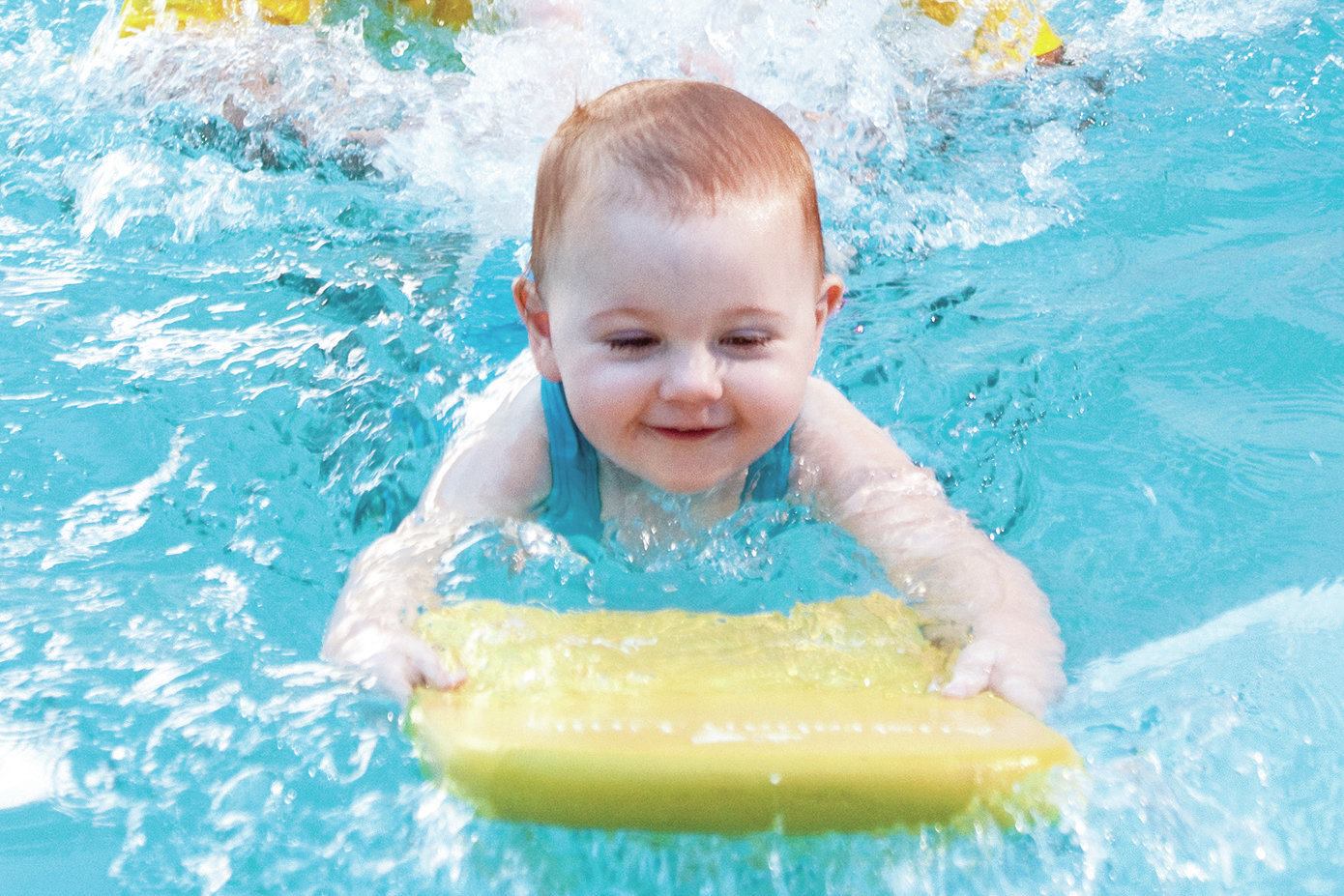Trying to sell a pool to a family that isn’t quite convinced? Hit ’em with this fact: Kids who swim are smarter.
According to a recent Australian study, children who participate in swim lessons at an early age reach significant developmental milestones earlier than their non-swimming peers. They score higher in tests and are generally better coordinated.
The research was conducted over the course of three years to validate or refute the popular belief in the aquatics industry that young, competent swimmers appear to be more confident, articulate and intellectual.
Now data is available to back up those claims.
In the first international study of its kind, researchers at Australia’s Griffith University surveyed the parents of nearly 7,000 learning swimmers under the age of 5 — including samples from the United States — to determine when their kids were reaching major physical, cognitive and emotional milestones.
That information was compared against common developmental indicators (counting, walking, talking, playing make-believe and the like) of nonswimming populations.
Knowing that parents have a tendency to exaggerate, researchers put nearly 200 children through a series of tests to validate the results.
The study yielded some surprising findings: Not only did child swimmers achieve physical feats faster, but they were more cognitively advanced. Test results found that these kids are months, even years, ahead intellectually. They’re able to read, write, count and use building blocks better than those without aquatics education.
One test group, with an average age of 3, was ahead of the curve by more than 15 months in understanding directions.
Children around the age of 4 were seven months ahead in grasping, and 3.5 months ahead in locomotion.
Kids just over the age of 4 were particularly strong in language (10 months ahead), oral expression (11 months) and math (6.5 months.)
A caveat: Young ones around 3 years old tended to fall behind in spelling, and in all cases kids weren’t as skilled in catching, throwing or kicking balls.
Lead researcher, Professor Robyn Jorgensen, theorizes that swim classes are stimulating environments where kids are exposed to detailed instructions, visual cues and rhyming songs, among other experiences that they can connect to the world outside the pool.
“Many of these differences will be of advantage to children as they transition into school or preschool settings,” Jorgensen concluded.
Australia Stresses Water Safety
They take swimming seriously down under. As a gift from the federal government, every new mother gets a baby package — a starter kit of sorts — which includes a water familiarization DVD.
Also, water course instructors are eligible for certain tax exemptions.
In Australia, accidental drowning is the leading cause of death in kids under 5.

